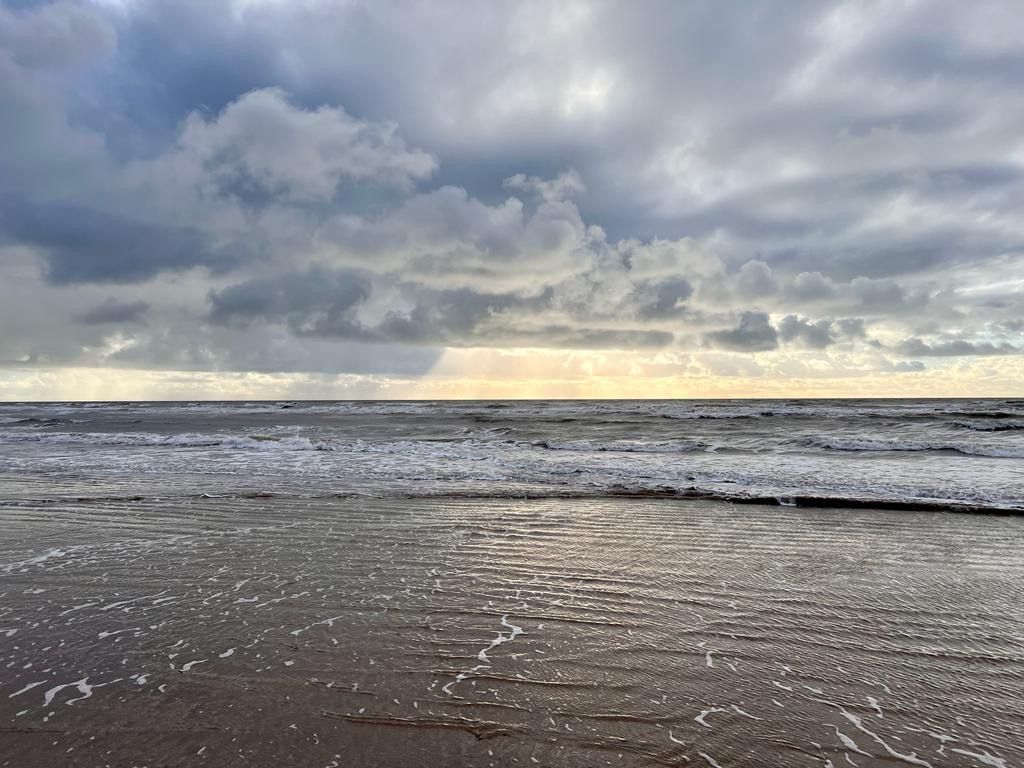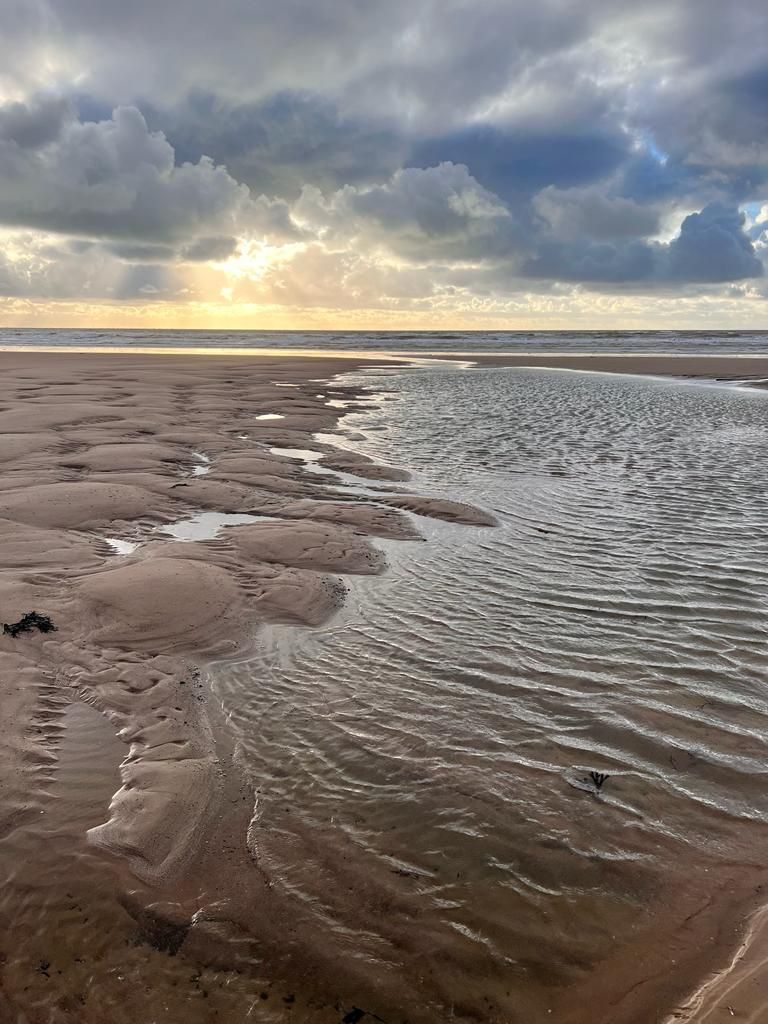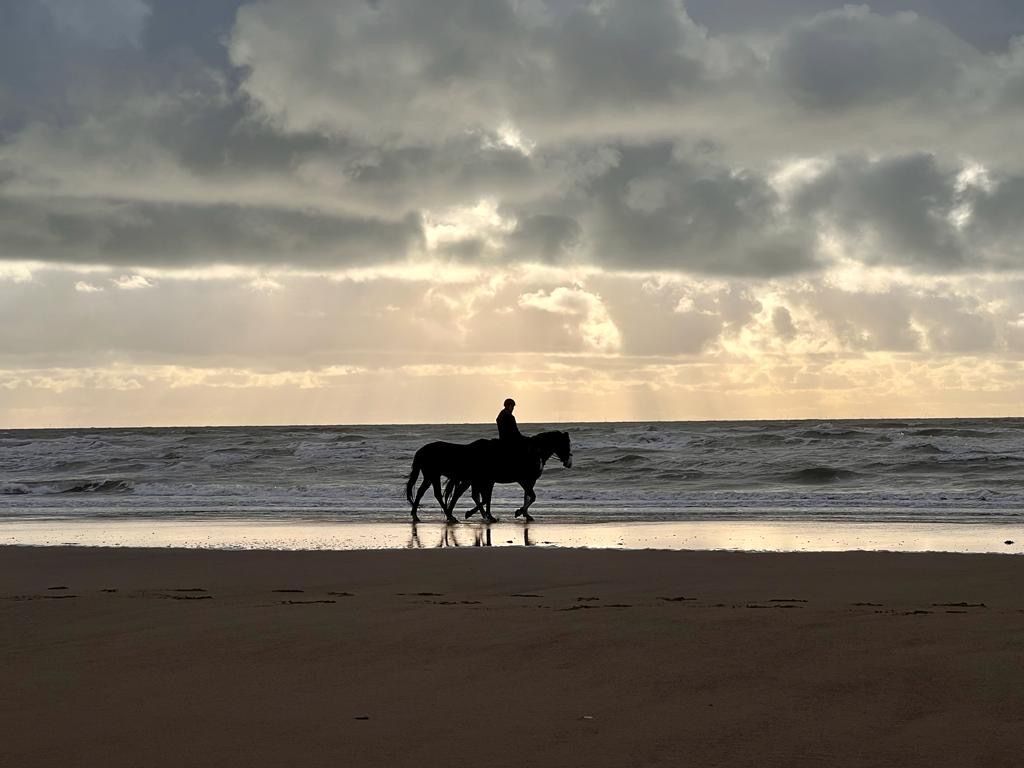Message of Abbot Paul - Wednesday 8th November 2023
Abbot Paul • November 7, 2023
Yesterday I posted a few photographs of my walk on the beach with Toby. Fr Cenydd in Whitehaven was so impressed that he went down to the beach at St Bees and took a few photographs of his own. I’ll share those with you today. As the situation gets much worse both in Ukraine as in Palestine, Gaza and Israel, let us intensify our prayers for peace and an end to war, killing and destruction. What good can come of it? None whatever.
In today’s Gospel passage from Luke (Lk 14: 25-33) Jesus talks to the crowds about the nature and demands of discipleship. What does it take to be a disciple of Jesus? There are two criteria: we have to put Jesus first and we have to carry the cross. “If any man comes to me without hating his father, mother, wife, children, brothers, sisters, yes and his own life too, he cannot be my disciple. Anyone who does not carry his cross and come after me cannot be my disciple.” At first sight, these words sound harsh and unrealistic. Am I really expected to hate my loved ones or even myself? Do I really have to carry a cross? Jesus often uses words that make you stop in your tracks. He wants us to think! He is asking us for undivided loyalty, not an emotional attachment. Our primary allegiance must be to him. Discipleship is defined by following Jesus and carrying the cross. You will remember that wonderful book by Dietrich Bonhoeffer The Cost of Discipleship. He died in a concentration camp for his Christian faith. Being a Christian is not for the half-hearted. Jesus really wants all or nothing. He then goes on to tell two short parables leading to his parting shot: “So in the same way, none of you can be my disciple unless he gives up all his possessions.” Again, he’s not asking us to throw everything away or give it all to a charity shop; it’s a question of allegiance and loyalty. Jesus and his mission to preach the Gospel and bring all people to salvation, beginning with ourselves, must come first.
Lord, help me to become wholehearted and single-minded in my discipleship. Grant me the grace to seek first the kingdom of God. All else will then be your gift. Amen.












